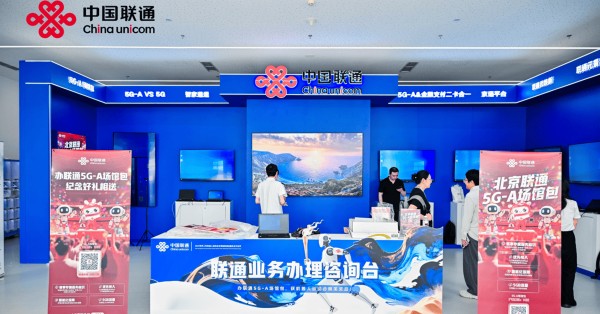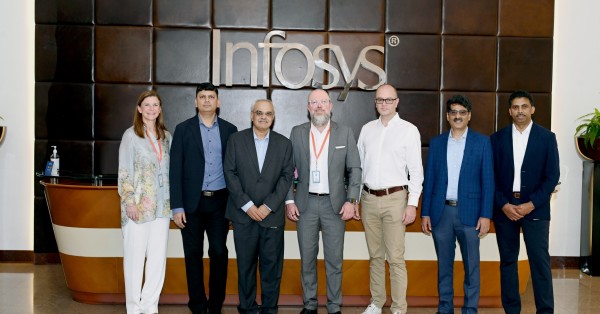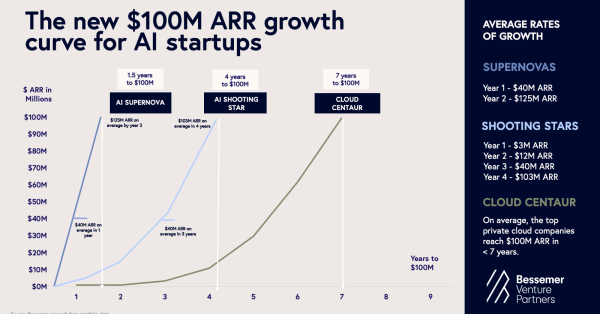We are living through yet another profound shift in enterprise technology. From cloud computing to automation and mobile-first strategies, businesses have continually redefined how they operate. Today, the emergence of AI agents signals not just the next technological wave, but a fundamental transformation of enterprise workflows, decision-making, and productivity. Welcome to the AI Agent Era.
What Are AI Agents in Enterprises? Understanding the Autonomous Digital Workforce
Unlike traditional AI tools or digital assistants that require constant human prompting, AI agents are autonomous entities capable of perceiving, reasoning, learning, and acting on behalf of their human counterparts. They use powerful Large Language Models (LLMs) and Machine Learning (ML) to complete tasks proactively and intelligently.
Key Characteristics of AI Agents
| Feature | Traditional AI Tools | AI Agents |
|---|---|---|
| Input Dependency | High – requires prompts | Low – acts autonomously |
| Decision-Making | Rule-based or reactive | Context-aware, proactive |
| Learning | Limited or static | Continuous learning and adaptation |
| Integration Complexity | Often siloed | Seamless into existing ecosystems |
| Role | Assistant | Digital coworker / strategic partner |
Why AI Agents in Enterprises Are Key to Competitive Advantage
In a recent Salesforce global CHRO study, AI agent deployments are expected to increase by 327% over the next two years. The data signals that AI agents are no longer emerging — they’re ascending.
Expected Impact of AI Agents (2025–2027)
Sources: Salesforce Research, Gartner
| Metric | Value |
|---|---|
| Projected Growth in AI Agent Use | 327% increase |
| Workforce Productivity Increase | 30% average gain |
| Labor Cost Reduction | 19% expected savings |
| Redeployment of Workforce | 23–24% to new, AI-enhanced roles |
| AI Agent Penetration in IT Tools | 60% by 2028 |
How AI Agents in Enterprises Are Reshaping Core Departments
AI agents are redefining operations across departments:
1. IT Operations
AI agents are being embedded in incident response, security monitoring, and infrastructure management. By leveraging ‘chain-of-thought’ reasoning and anomaly detection, they:
- Detect security breaches in real time.
- Automate ticket resolutions.
- Predict outages and reroute processes.
Gartner Forecast: AI agents will reduce time to resolve account exposures by 50% by 2027.
2. Human Resources
CHROs foresee a hybrid future of digital and human labor:
- 80% believe that by 2030, most firms will have human-AI collaborations.
- AI will enable HR to focus on reskilling, employee engagement, and talent mobility.
“The healthiest companies of the future will be autonomous and use digital labor.” — Salesforce Research
3. Knowledge Management
AI agents transform how data becomes insight:
- Continuously extract, organize, and distribute enterprise knowledge.
- Personalize learning and decision support based on role, intent, and behavior.
AI Agents in Enterprises: Debunking Common Myths
Despite clear benefits, hesitation persists — often rooted in outdated perceptions.
Common Concerns vs. Reality
| Concern | Reality |
|---|---|
| “It’s too complex to integrate.” | Modern AI agents plug into current IT ecosystems with minimal friction. |
| “AI will replace jobs.” | AI augments roles, enabling strategic redeployment, not elimination. |
| “Data privacy is at risk.” | AI agents now come with robust compliance and privacy controls. |
The success formula? Start small. Focus on high-impact areas. Scale gradually.
Human + AI Agents in Enterprises: The New Workforce Reality
The rise of AI agents does not signal the fall of the human workforce — it redefines it.
How Roles Will Evolve
| Workforce Change | Impact |
|---|---|
| 61% will keep current roles | But work alongside AI agents in daily tasks |
| 24% will shift to new roles | Focused on strategy, creativity, empathy, and collaboration |
| AI Literacy as #1 Skill | Employees will need to understand, manage, and optimize AI workflows |
| Increased Demand for Soft Skills | Relationship-building, trust, and empathy remain uniquely human traits |
“The future of work is not man vs. machine, but man with machine.”
Roadmap for Adopting AI Agents in Enterprises
For organizations ready to embrace this revolution, strategic planning is key.
Suggested AI Agent Adoption Roadmap
| Phase | Key Actions |
|---|---|
| Exploration | Identify use cases, choose pilot areas |
| Pilot Programs | Deploy agents in a contained environment, measure ROI |
| Integration | Scale across departments with stakeholder involvement |
| Governance | Establish AI ethics, compliance, and performance metrics |
| Upskilling | Reskill workforce, invest in AI and data literacy |
Choosing Tools for AI Agents in Enterprise Ecosystems
Vendors will need to rethink tool design:
- Tools must be modular, API-rich, and composable.
- Legacy UI-heavy systems will fall behind.
- Enterprises should evaluate AI agent compatibility in vendor selection criteria.
“Expect an evolution of vendor ecosystems, centered around intelligent orchestration and interoperability.”
Why Now Is the Time to Embrace AI Agents in Enterprises
AI agents are not a futuristic concept — they are today’s reality. They will define how businesses compete, grow, and evolve in the years ahead.
This revolution isn’t about replacing people; it’s about elevating them. It’s about freeing humans to do what we do best — think, create, connect, and lead.
The Choice Ahead
| Path | Outcome |
|---|---|
| Embrace AI agents early | Gain competitive edge, agility, and future-proofing |
| Delay or resist adoption | Risk obsolescence in an AI-first economy |
“We are the last generation of leaders to manage a purely human workforce.”
Let’s build a hybrid future — where people and AI agents co-create value at the speed of need.































